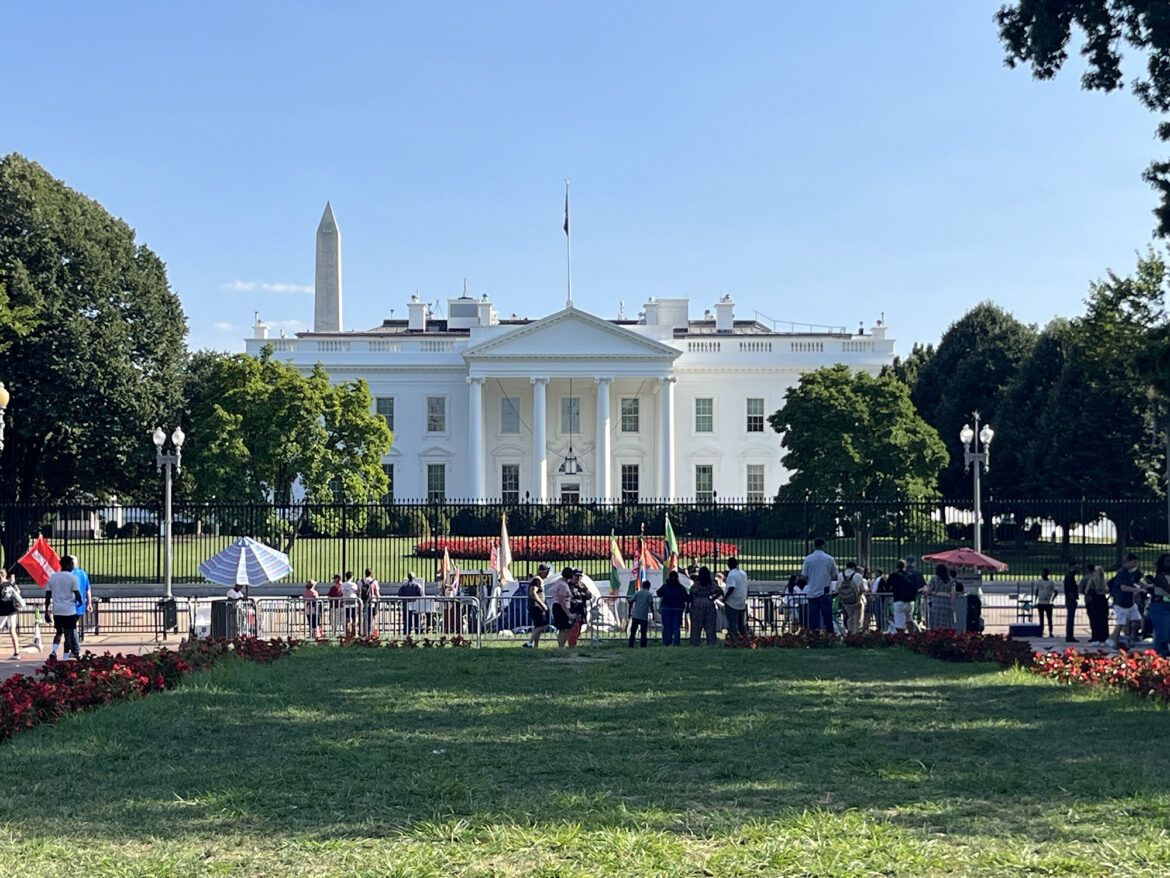As of early 2025, the general attitude toward cannabis in the United States is leaning more positively than ever. New surveys show that a large portion of the public supports legalizing marijuana in some form, whether for medical use, recreational use, or both. This shift underscores a decade-long transformation in how Americans view cannabis.
In a poll released by Pew Research Center at the beginning of 2024, nearly 9 in 10 adults expressed support for legal cannabis in some capacity. A majority—57%—believe it should be legal for both recreational and medical use, while another 32% support it strictly for medical purposes. Only 11% think it should be outlawed altogether.
An earlier Gallup poll from October 2023 echoed this trend, reporting that 70% of Americans favored making marijuana use legal—more than double the support seen in the early 2000s. This support cuts across party lines and generations, showing how widespread the shift has become.
In the 2024 presidential race, both Donald Trump and Kamala Harris voiced support for loosening federal restrictions on cannabis. Trump’s change in position marked a notable shift within the Republican Party. His endorsement brought broader bipartisan energy to the issue, which already reflected public sentiment: surveys show that 87% of Democrats and 55% of Republicans back legalization.
Support at the state level remains strong, though it varies by region. In conservative-leaning Utah, a March 2025 poll by Noble Predictive Insights showed that 52% of voters are in favor of a measure to legalize adult-use marijuana. That figure closely matches the state’s 2018 approval rate for medical marijuana, highlighting a gradual uptick in public support.
Other states show similar trends. In Pennsylvania, a February 2025 poll by Change Research revealed that 67% of residents support allowing recreational cannabis sales. That same month, the University of North Florida found an identical 67% of registered voters were in favor of legal possession for adults.
While enthusiasm for legalization continues to rise, Americans also express mixed feelings about the broader consequences. According to Pew, just over half believe legal marijuana benefits local economies. However, opinions differ when it comes to public safety: 34% think it makes communities less safe, 21% say it improves safety, and 44% see no difference.
Despite growing support, obstacles remain. Anti-legalization groups are stepping up efforts to slow or reverse legislative progress. In the latest voting cycles, three out of four states rejected new legalization proposals—even Florida, where pre-election polling had shown favorable odds. These groups use a mix of legal challenges and public campaigns to influence outcomes.
Overall, Americans are clearly warming to the idea of cannabis reform. Yet, as the public conversation continues, it brings with it a complex blend of economic, legal, and social considerations. Lawmakers now face the challenge of crafting policies that reflect this evolving viewpoint while addressing concerns from all sides.

